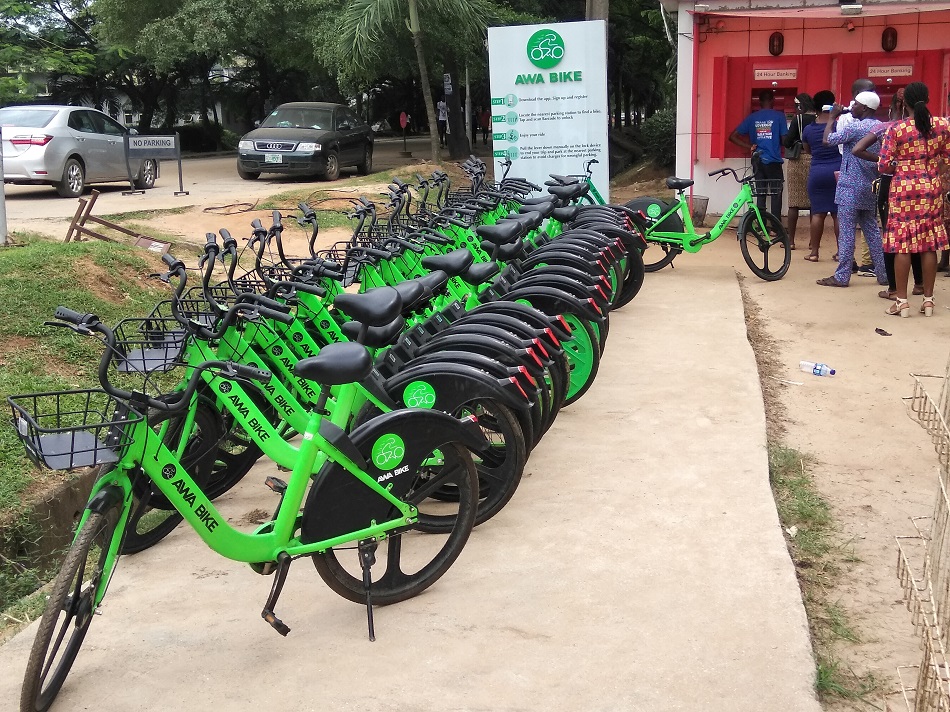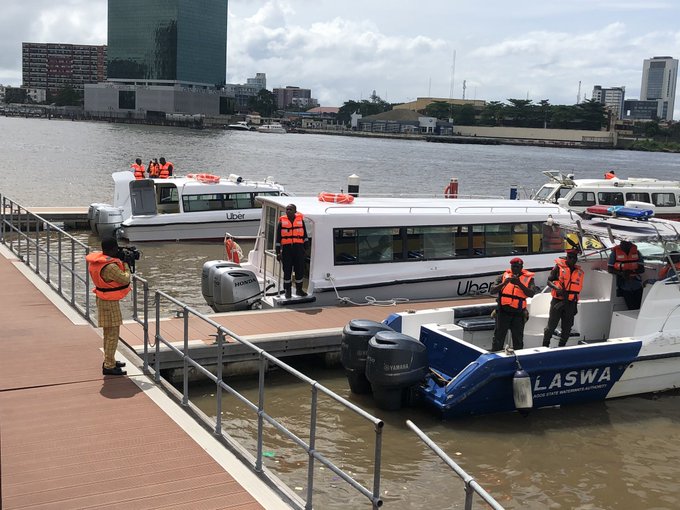It is no longer news that the Lagos state government has placed a ban on commercial motorcycles, including bike-hailing startups and tricycles (#OkadaBan) from operating in some specified local areas of the state and all major roads.
The ban which took effect on Saturday, February 1, is having a drastic effect on the commute of many Lagosians, with many having to walk long distances before getting a means of transport. Generally, everyone is trying to cope with hiked fares of buses and ride hailing startups.
And despite the protests and safety claims by the bike hailing startups, it doesn’t look like the government is ready to rescind its decision. This is expected to have a huge negative effect on the returns of these startups and their operations.
Nevertheless, as painful as it may be, this dearth pretty much opens doors of opportunities for other innovations to ease the commute of Lagosians. In this post, I will be sharing 3 of those ideas.
Bicycle-Sharing startups
One of the main uses of commercial motorcycles and tricycles was for last mile transportation. This is one that is not currently covered by the public buses or the state owned BRT buses. But with bicycle-sharing platforms, users can easily get around in a way that is cheap, secured and sustainable for the environment.


With bicycles, users will be able to commute short distances, a space formerly filled by motorcycles and tricycles. This will mean having docking stations at strategic places, where users can unlock the bicycles for a fee and lock them back in place after use.
However, the startup(s) will have to put in place effective anti-theft features in their bikes to guard against criminal activities by the public.
Bicycle hailing startups like Awabike already have something like that in place. However they are currently focused on just campuses of tertiary institutions for now.
Does this #Okadaban present an opportunity for them to expand focus, or for new entrants to come into the space? Maybe.
Ridesharing Platforms
Remember the famous comedy skit “is you going my way“? Yeah? What if there was a platform that allows you join private car owners going the same route as you with seats to spare?
This will mean car owners sign up on the platform and are verified – same for users and to be passengers. Car owners get to indicate their location and destination. Other users around can get to pair and join them at a fair rate, instead of paying the hiked fees of the ride hailing startups.
A Nigerian startup, GoMyWay, was pioneering this few years ago. The platform received massive traction but shutdown due to operational issues that weren’t revenue based.
Startups that want to enter this space might want to look at commission or subscription route for revenues.
Time to Fully Develop the Water Transport Space?
With 25% of its mass consisting of water bodies, commuting by water has the most advantages in tackling the obvious inadequate transport system in Lagos.
Although it does not encompass all of the areas in Lagos, it does hold lots of potential for people who work on the island but live on the mainland which is practically a lot of people.


Beyond the traditional boat services, a few startups like Uber and GBoat by Gokada have ventured into the space. But UberBoats seems to be the one faring better of the two.
Suggested Post: #StreetTech: My UBerBoat Experience and the Challenges Uber Needs to Address
Suggested Post: #StreetTech: GBoat Could Solve the Traffic Problem in Lagos but it Would Come at a Stiff Price
With this ban, Gokada might just need to reinforce its other portfolio, GBoats. Other startups could also push water transportation into popularity by coming in to this space.
In conclusion…
While the above listed 3 ideas would not in entirety solve the major problem many Lagosians face due to the ban, they may however ease the daily struggles Lagosians will have to go through daily commuting from home to work and back.






